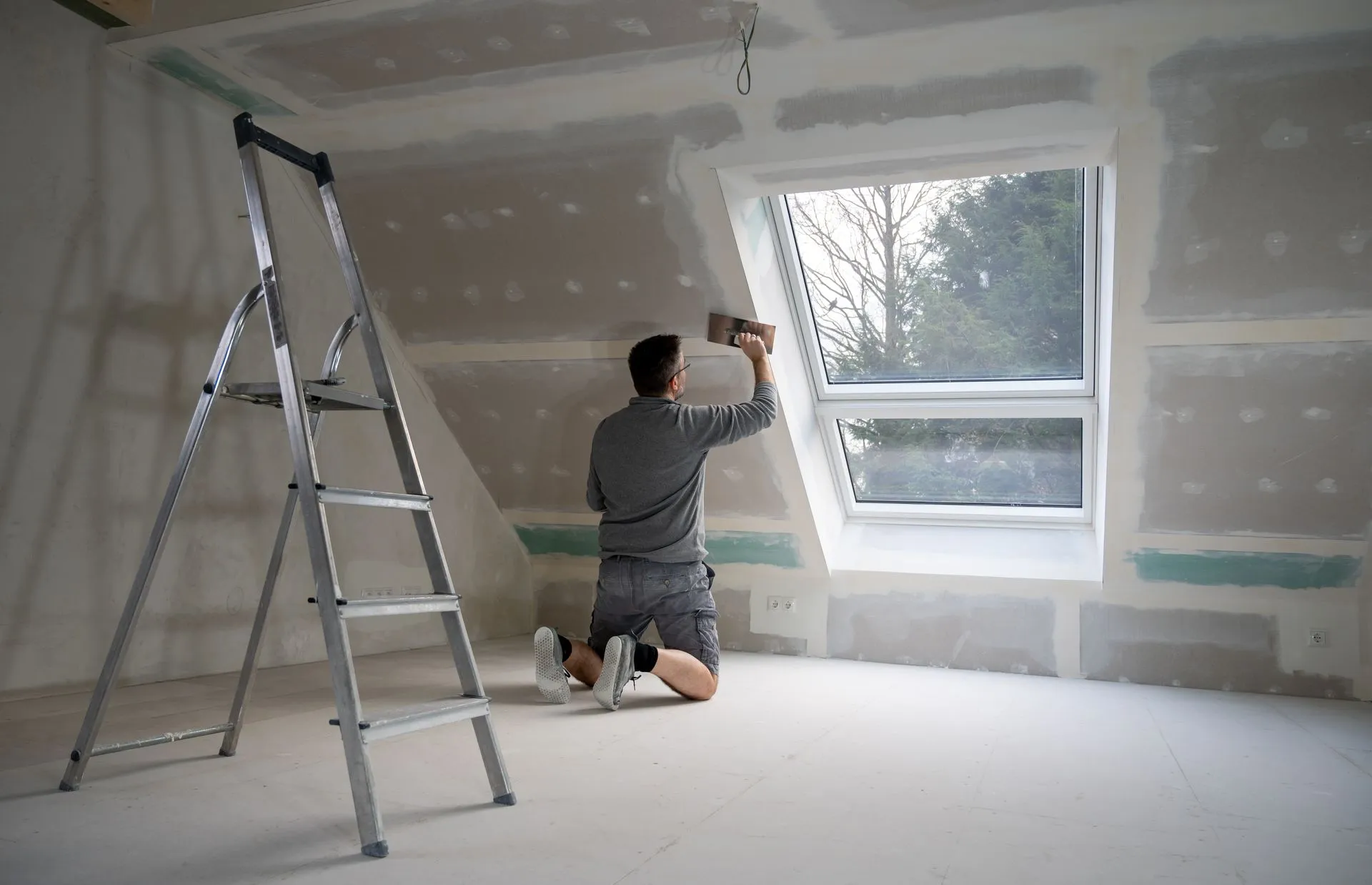Starting 1st April 2025, new rules will come into effect in Australia that ban foreign nationals from buying established residential properties. This is part of the government’s effort to increase housing availability for local residents and improve affordability.
What Does This Mean for Foreign Buyers?
If you’re not an Australian citizen or permanent resident, you won’t be able to purchase existing homes. But there are still a few options:
- New or off-the-plan properties: You may still be able to buy brand-new properties, depending on approval from the Foreign Investment Review Board (FIRB).
- Temporary residents: If you’re living in Australia on a valid visa for 12 months or more, you may be allowed to buy a home to live in.
- Pathways to permanent residency: Once your residency status changes, so do your options for buying property.
If you’re thinking about relocating, there are still practical steps you can take to prepare for buying a home in the future.
At Grantham Buyers Agents, we often work with clients who aren’t eligible to purchase right away. Here’s how we can help:
- Connect you with professionals: We can introduce you to experienced brokers, accountants, and immigration lawyers who understand the current rules and your long-term goals.
- Find a place to rent: If you’re moving soon but can’t buy yet, we offer rental support to help you settle in comfortably.
- Create a property plan: We help you understand what’s possible now, and what you’ll be able to do once your visa or residency status changes.
Whether you’re moving for work, family, or lifestyle, it’s good to know your options. These new rules might change the way you buy property in Australia—but they don’t have to stop you from planning ahead.
We work with expats and international clients regularly, helping them make sense of the rules and prepare for the right time to buy.
Have questions about what the foreign buyer ban means for you?
Feel free to get in touch. We’re happy to talk through your situation and help you plan your next steps.




























